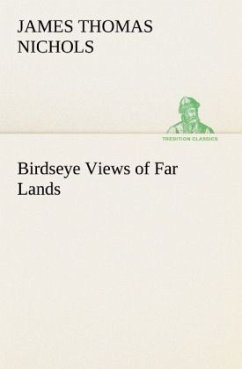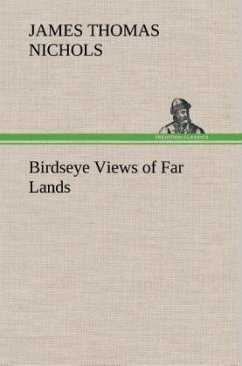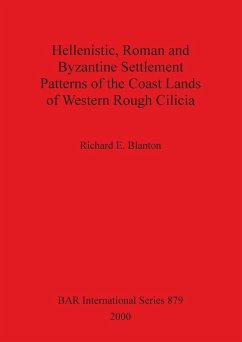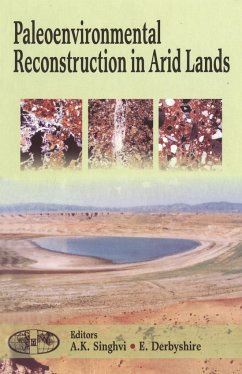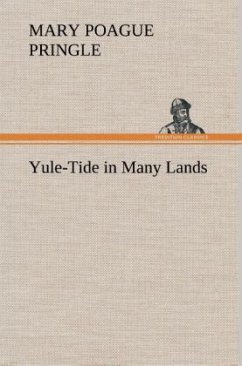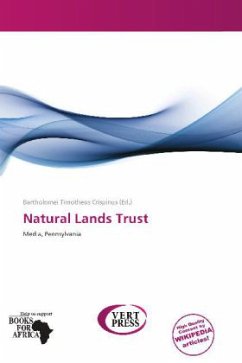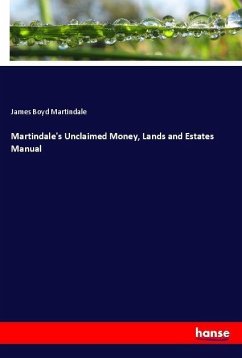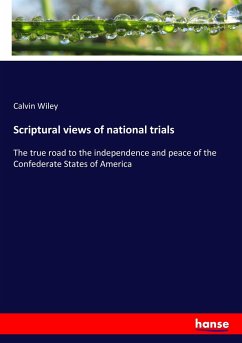
Modern Views - Ancient Lands
New work and thought on cultural landscapes
Herausgeber: Carver, Emma; Lelong, Olivia
Versandkostenfrei!
Versandfertig in 1-2 Wochen
69,99 €
inkl. MwSt.

PAYBACK Punkte
35 °P sammeln!
This volume emerged from a conference held in Glasgow in October 2001, organised by Scottish Archaeological Forum. The study of cultural landscapes is growing increasingly more sophisticated in terms of technology and method, but also in terms of the conceptual approaches and theoretical frameworks applied to that study. At the same time, landscape as a modern construct is becoming ever more complex, even contentious: who owns and manages land, for what purposes and to whose benefit? what defines wild land, how 'wild' were our landscapes in antiquity and to what extent should this perceived wi...
This volume emerged from a conference held in Glasgow in October 2001, organised by Scottish Archaeological Forum. The study of cultural landscapes is growing increasingly more sophisticated in terms of technology and method, but also in terms of the conceptual approaches and theoretical frameworks applied to that study. At the same time, landscape as a modern construct is becoming ever more complex, even contentious: who owns and manages land, for what purposes and to whose benefit? what defines wild land, how 'wild' were our landscapes in antiquity and to what extent should this perceived wildness be preserved? In Scotland, in particular, issues of land reform have come to the fore in recent years, with crofters contesting the right to buy land and the recent establishment of the first national parks. Needs for economic sustainability are often at odds with the interests of heritage management and conservation. The 15 contributions to this volume are divided into four sections: Landscapes, Seascapes, The Management of Landscapes, and Approaches to Interpretation. The first two sections showcase particular studies of archaeological landscapes and seascapes from a variety of perspectives, although a number of common themes emerge from the diverse studies.



